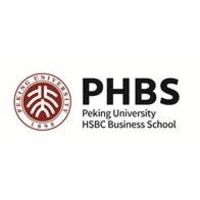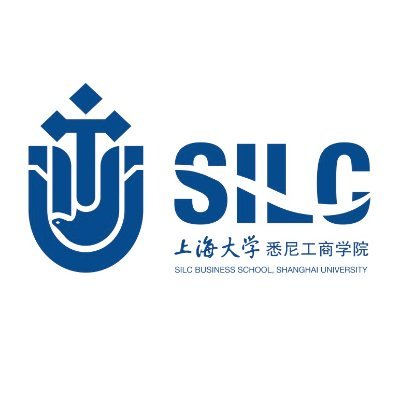Introduction
For more than 100 years, Peking University has been an elite institution of learning, recognized internationally as one of the leading universities in the world, and ranked 29th in the world by Times Higher Education (THE) in 2017.
Established in 2004, Peking University HSBC Business School (PHSB) has rapidly grown in reputation and as a center of international excellence in business education. PHSB has more than 71 internationally educated faculty members with PhDs from leading universities around the world. In PHBS's commitment to research, Nobel Prize in Economics winner, Professor Thomas Sargent, has joined PHBS as the head of the "Research Institute of Marine Silk Road", with research focusing on China's newest initiative, "One Belt One Road". In addition to research, PHBS's many renowned faculty are committed to educating PHBS's students to be leaders in the fields.
PHBS's programs focus on in-depth subject learning in finance, management, and economics, with courses including both theoretical and practical learning. The programs also include a Chinese focus in the context of a global perspective. Not only do students learn important professional knowledge/skills but they also develop a deeper understanding of business and economics in China, making them more competitive in the job market domestically and internationally, or even better prepared to open a business in this dynamic country.
The unique characteristics, which few other business schools posses, can help students develop the capabilities and connections they need to succeed in global business.
2018-2019 Academic Year in Numbers
- Total MA Students: 1500
- Full-Time Faculty Members: 71
- International MA Students: 93
- International Students Nationalities: 38
Master's Programs
PHBS offers two-year full-time programs, all culminating with a final thesis and instructed exclusively in English. International students learn alongside Chinese peers in an environment of cross-cultural dialogue. These programs aim to foster and empower students, allowing them to improve not only their subject-related skills and knowledge but also their critical-thinking and analytical ability to challenge business problems and economic issues.
Currently, there are 3 master's degrees open to international applicants: Finance, Management and Economics.
Show less












